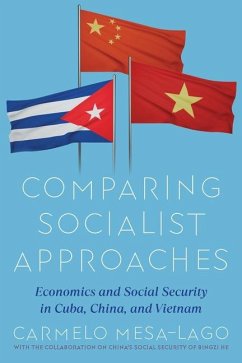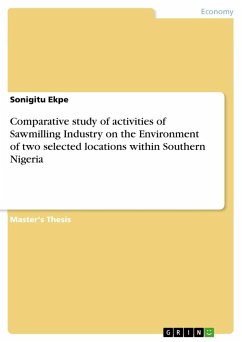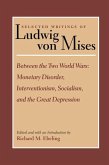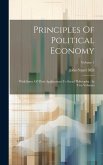In Comparing Socialist Approaches, Carmelo Mesa-Lago examines the two main socialist models across Cuba, China, and Vietnam to compare central planning and socialist markets. Under the Cuban central plan, large state enterprises have been unable to generate economic growth, even with mild structural market reforms and a small controlled private sector. In the Sino-Vietnamese model of a socialist marketplace, dynamic private enterprises of all sizes, together with large state enterprises, operate under a decentralized plan with state regulation and control. This has allowed for accelerated growth and social improvement. The two models are contrasted across five major economic policies: ownership of the means of production, agrarian reform, industrialization processes, employment, and currency and exchange rate unification. Mesa-Lago argues that the socialist market model has a better performance than the central plan across economic and social indicators. He then recommends policies to improve social protection in the three countries.
Bitte wählen Sie Ihr Anliegen aus.
Rechnungen
Retourenschein anfordern
Bestellstatus
Storno








